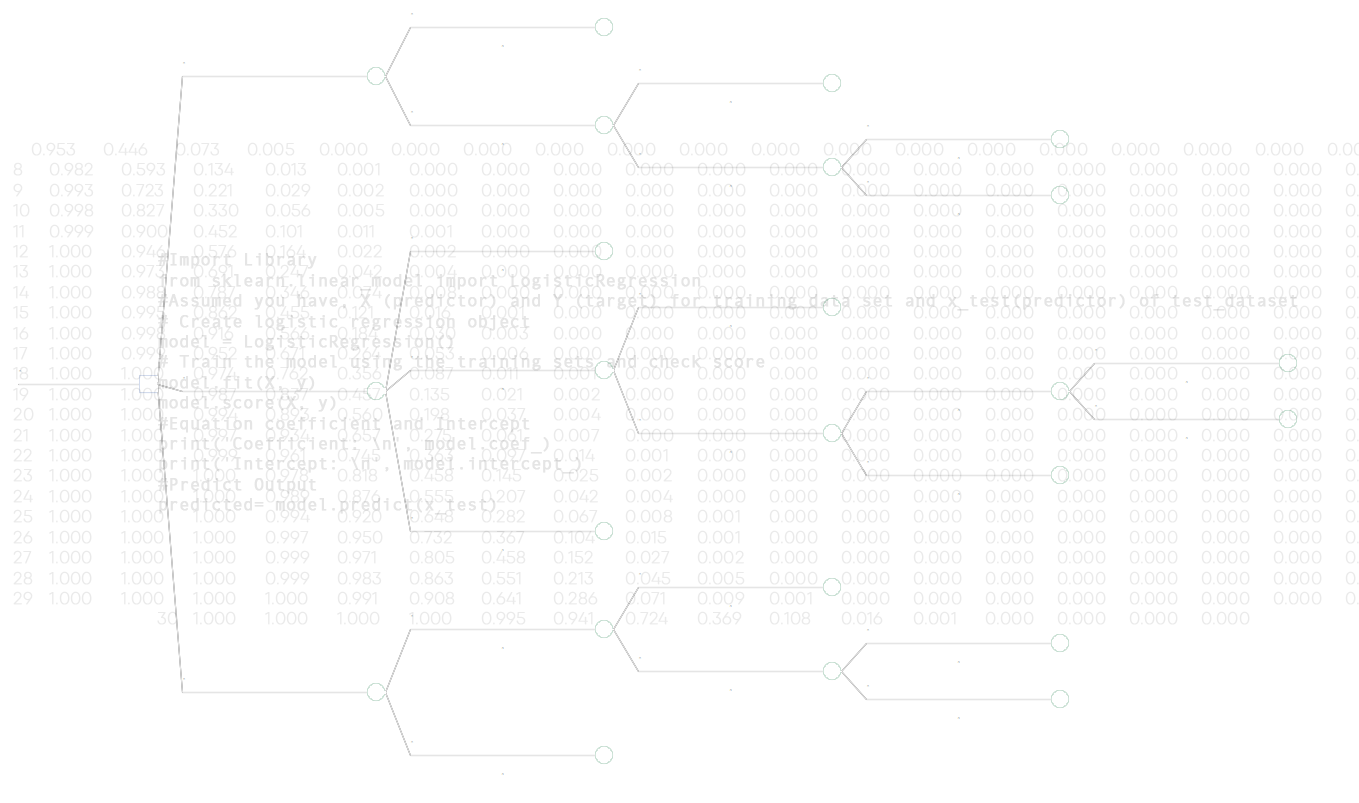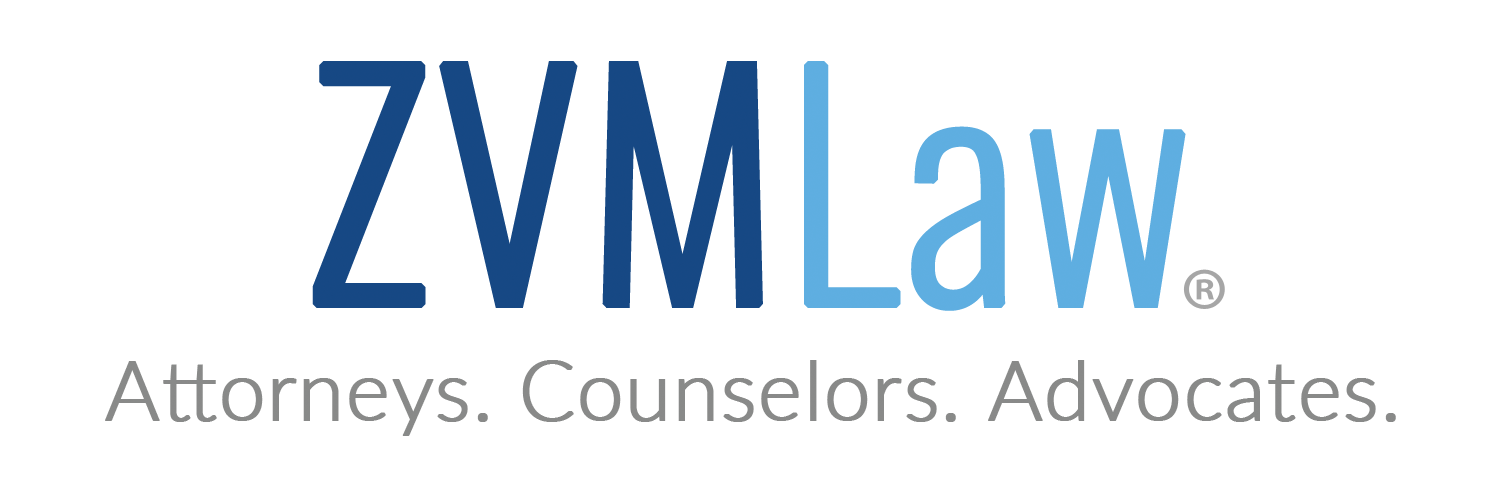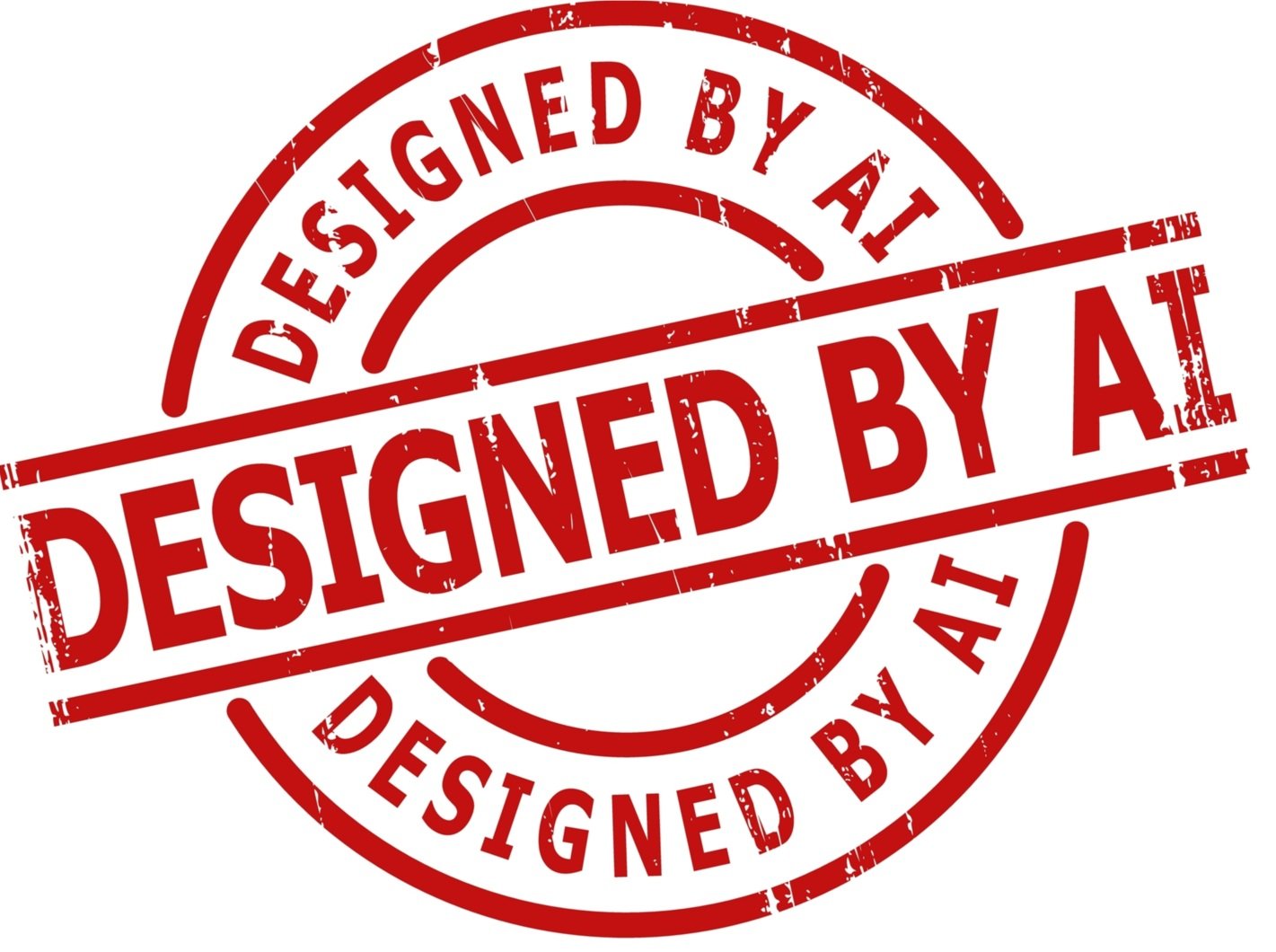
Insights
Memes and Copyright Law: Navigating a Legal Gray Area
Memes have become an integral part of our digital culture, providing laughter, commentary, and social engagement across the internet. However, the world of memes also exists in a legal gray area when it comes to copyright law. While memes may seem harmless and humorous, they can potentially infringe upon the intellectual property rights of others. Read on for a short exploration of how memes can violate copyright law and who should worry about enforcement.
Protecting Your App Icon
Creating and protecting a distinct and eye-grabbing app icon can help users to quickly identify your app on their device. You can and should consider protecting your app icon through trademark registration, copyright registration, and trade dress protection.
The New Copyright Claims Board — “Small Claims Court” for Copyright Infringement Claims
The new Copyright Claims Board (CCB) provides a more accessible, streamlined, and cost effective option to resolve copyright disputes with under $30,000 at issue than filing a lawsuit in federal court. This blog post covers everything you need to know about the CCB.
5 Things to Know About NFTs and Copyright Law
While NFTs are relatively new, U.S. copyright law treats NFTs the same as any other traditional work, which has led to many misunderstandings among those who mint, purchase, and sell NFTs. Here are the five things to know about NFTs and U.S. copyright law.
Are Works Created By AI Protected by Copyright?
With the emergence of Artificial Intelligence (AI) in recent years, creative works can now be produced based on decisions made by computers, without specific direction from a human author. This raises the question of whether such tools can create a “work for hire” for a human owner, such that the work is protected by U.S. copyright law, even though no human is directly involved in the creation of the work.
Common Misconceptions About Fair Use in Copyright Law
Many people believe that their use of copyrighted material is “fair use” and not copyright infringement. However, a high percentage of those people later find out that their use was not covered by the fair use doctrine. The following are common misconceptions about when the fair use doctrine applies to use of copyrighted material.
Copyright 101: The Work for Hire Doctrine
Generally, ownership of copyright vests in the author of the work, a/k/a the person who created the work. One exception to this general rule is the “work for hire” doctrine, under which ownership of the copyright vests in the author’s employer or person for whom the author prepared the work. However, the work for hire doctrine is narrower than many people expect. The following is an overview of the work for hire doctrine and when it applies.







